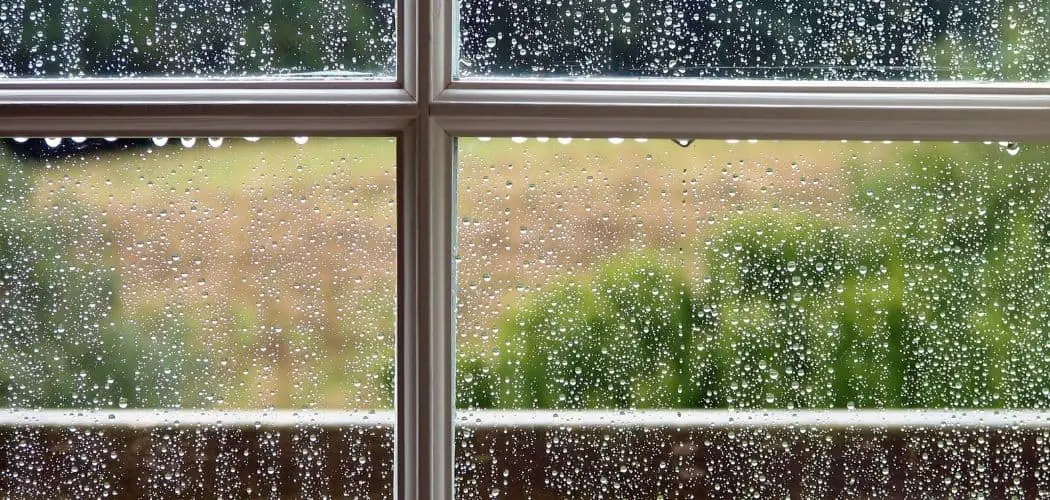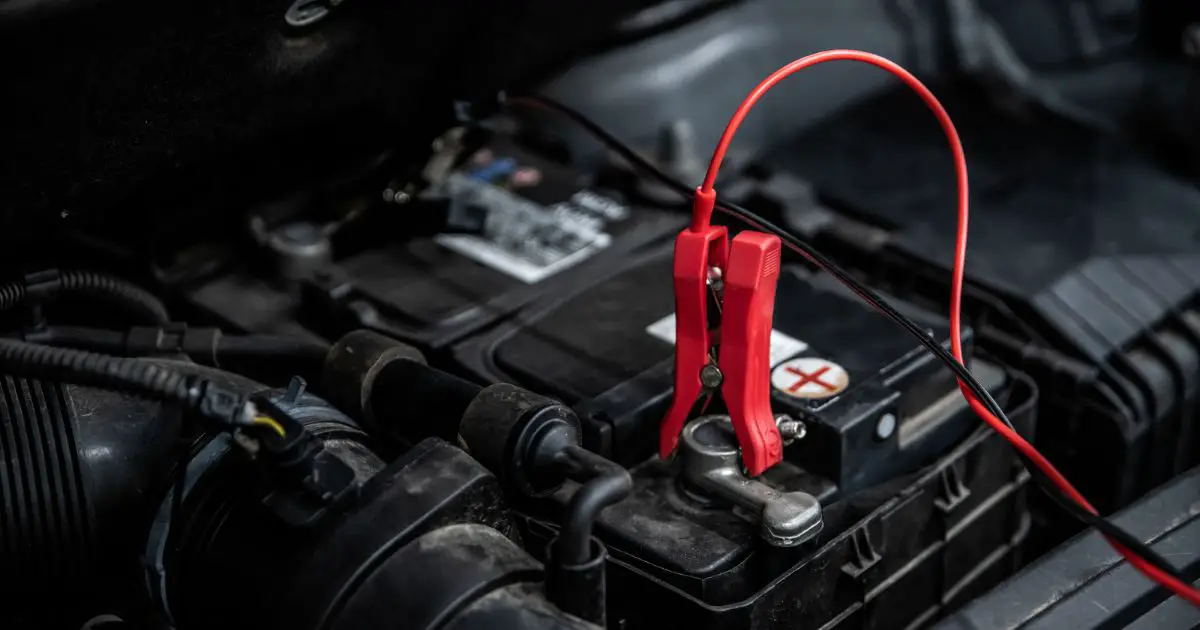Yes! You can run a portable generator in the rain, but you would need to cover the generator with a canopy, tent, or another shelter.
Generators are a great source of electricity whenever there is a power outage. To produce electricity, the generator uses combustion, which produces Carbon Monoxide, which is a harmful gas for living things. This is why the manufacturers recommend placing the generator outdoors.
While outside, the generator will be facing rain, snow, hot weather, etc., which can damage the generator’s performance. Therefore, the manufacturers suggest using special covers for generators to save them from rust and increase their life-span.
Turn Off the Main Switch Before Starting Your Generator:
One of the first things you do, even before starting your generator, is turning off the main switch. You should turn on the main supply switch only when the generator goes into idle mode after starting.
Most generators available in the market come with a pre-installed main switch that can be turned on or off. If your generator is missing the switch, you should get it as soon as possible, because it can save your life too.
The main reason to close the main switch before startup is, the generator starts to produce electricity as soon as it starts, so if you plug it, the chances are, you might get an electric shock. So, it’s better to take precautions than regret it.
Not only that, when you start the generator, the amperage and voltage produced by the generator may spike. The high and low spikes can damage electrical appliances in your home. Therefore, you should let your generator run for a few moments before connecting it to your home.
Use A Transfer Switch for Back-Up:
While running your portable generator, you don’t want to power individual appliances while using extension cords.
This is because the connection will be removable and won’t run hard-wired appliances in your home. To properly run all the devices inside your home, we recommend a transfer switch.
A transfer switch is used to switch a load between two sources. They are either manually switched by an operator or automatically when they sense if a source loses or gains power. Using a transfer switch requires a bit of initial setup, and it will be an extra cost.
But if you plan for the long run, it is straightforward to operate and a faster experience. With it, you will be supplying electricity from the generator without isolating the needed circuits.
Avoid Floodwaters:
Floods are dangerous for your generators as they can affect their electricity-generating ability when the water gets in the components.
If the flood stays up for a while, it can result in rust on the body and malfunctioning of its moving parts. Not only that, the floods are strong enough that they can up-root trees, so carrying your generator with them would be a piece of cake.
For portable generators, you should survey your property to look for the highest ground. The selected area should be flat because you will be placing your generator there.
Now, if your house has no such place, you should remember that whenever a flood comes, move your generator to a place that has never seen flooding. This way, you could save generators, your expensive life-saving equipment in flood.
Purchase A Special Cover/Canopy:
Portable generators over the years have proved their importance as the perfect source of backup during an electric failure. If your area faces frequent blackouts, a generator will become a part of your life.
While owning a generator, you must remember that you cannot run it inside your garage because of the toxin gases released. Therefore, you’d have to run it outside your home.
Although experts strongly state that you should not use generators during rain or wet conditions, generators’ need usually arises during rain in the blackout. This is why you would need a cover or canopy for your generator to keep it safe from the harsh weather.
Build Your DIY Enclosure:
If you are not happy with tarp covers, tents are also available for generators. But you can also make DIY enclosures to protect generators.
DIY projects are time-consuming because you would be making the whole enclosure from scratch, but the result would be a cover for your generator to satisfy your needs. For a DIY project, you’d need an aluminum sheet, railing bars, jigsaw, plywood, etc.
First, you should design your enclosure by keeping in mind the size of your generator with its exhaust pipe, gas intake, etc. then. You’d need to sketch the whole design.
There should be a top panel which you can open to add fuel and access your generator from above. After this, the next important thing would be to keep in mind the vents, monitoring system, etc.
Can A Portable Generator Get Wet?
Yes, a portable generator can get wet due to water under it or rain. However, make sure your generator never gets wet.
Because if it does, you can get a life-threatening shock from the generator. Therefore, we’d recommend you dry the generator before using it.
Is It Ok to Leave A Generator in The Rain?
You should not leave your generator out in the rain. As soon as you sense there will be rain and your generator is unsafe, you must shut off your generator and store it inside your garage.
But this doesn’t mean you cannot use your generator in the rain. You can install a cover or place it in a well-protected area to use it in the rain.
What Happens If the Generator Gets Wet?
Compared to other engines, a generator is more vulnerable to water. This is because the generator’s purpose is to create electricity and power up your house.
But if water, which is a good conductor of electricity, gets into these outlets, it may lead to hazardous events.
Can You Keep A Portable Generator Outside?
A generator makes electricity by combustion of fuel. The exhaust of the fuel comes in the form of Carbon monoxide, which is a deadly gas.
It can cause headaches, fatigue, and even shortness of breath. Therefore, it is mandatory to keep your portable generator outside.
Can You Put A Tarp Over A Generator?
If you expect a drizzle in your residence, you can use a tarp over your generators. Tarps are a good option to save your generator from getting wet as they are easy to stitch and setup.
Conclusion:
Like every other appliance, generators are prone to damage from wet weather, rain, thunderstorms, etc.
But the need to use a generator arises due to power failure, rain, or thunderstorms. Therefore, you should know how to operate it during such conditions and keep it safe from damage.


